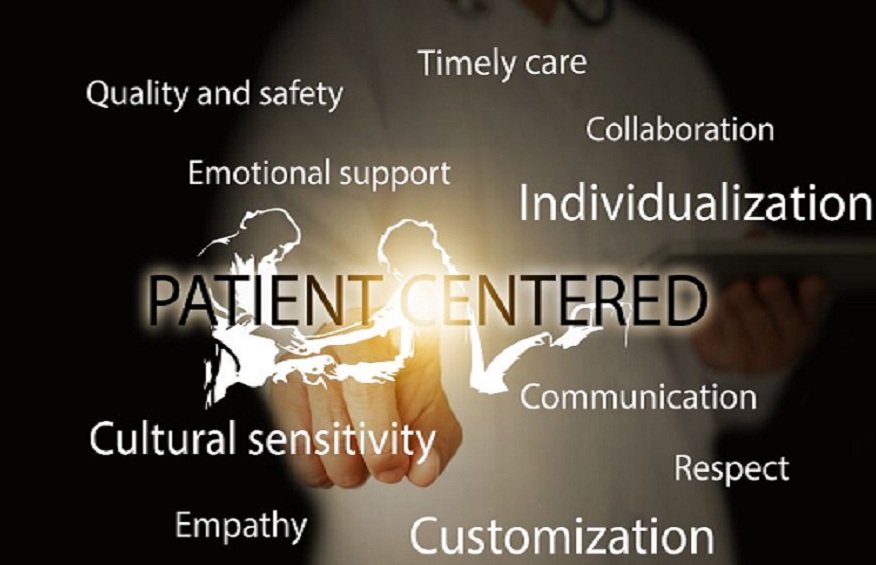
How Comprehensive Care Impacts the Bottom Line
In today’s healthcare environment, organizations are under intense pressure to deliver quality care while controlling costs. This has led many to adopt comprehensive care models that take a holistic view of health. When executed effectively, comprehensive care can have significant positive effects on an organization’s financial bottom line. Behavioral health management experts can provide invaluable guidance in making the transition.
Understanding Comprehensive Care
Comprehensive care goes beyond treating individual diseases and conditions to look at the complete physical, mental, and lifestyle factors that contribute to a person’s health. It emphasizes preventative care, chronic disease management, and coordination across specialties for whole person care.
For example, a patient with diabetes would not just receive medications and insulin but also get help to improve nutrition, reduce stress, add physical activity, quitting smoking, and actively managing their condition. Providers across specialties collaborate to deliver integrated care.
This requires care teams to see patients as more than a collection of symptoms. Through comprehensive care, teams gain deeper understanding of each patient’s unique health circumstances, challenges, and goals. They can then develop tailored plans to address root causes of poor health, not just treat surface level symptoms.
The comprehensive care approach leads to better health outcomes when executed effectively. But it also provides financial benefits that positively affect the bottom line.
Reducing Hospitalizations and Readmissions
Two of the biggest drivers of high healthcare costs are hospitalizations and readmissions. When patients lack proper preventative care and disease management support, they are far more likely to end up back in the hospital. This rings especially true for patients with chronic conditions.
Comprehensive care models with care coordination and a focus on holistic health can dramatically reduce preventable hospitalizations. Keeping patients healthier and out of the hospital has resounding positive impacts on costs.
Optimizing Staffing for Efficiency
Many healthcare organizations struggle with inefficient staffing that makes it difficult to deliver comprehensive care within budget. Mental health consulting experts such as those from Horizon Health can assess organizational structure, identify redundancies, and realign staffing models for optimal efficiency.
Maximizing Reimbursements
Transitioning to value-based payment models is an essential companion to comprehensive care delivery. With fee-for-service models, organizations have incentives to provide as much transactional care as possible. Comprehensive care coordinated across providers is financially dis-incentivized.
In value-based models like global capitation, bundled payments, and accountable care organizations, organizations receive set payments per patient or episode of care. This rewards them for efficiency and prevention.
Investing in Primary Care
Robust primary care is the keystone of effective comprehensive care programs. Strong primary care teams who get to know patients as whole people rather than cases are best positioned to coordinate whole health services.
Organizations must make financial investments to expand and empower high-functioning primary care. While costs go up in the near-term, reducing unnecessary downstream utilization delivers significant cost savings over time.
Partnering for Community Health
Government health agencies, social service organizations, community health workers, and other groups in the health ecosystem play essential roles in addressing the socioeconomic determinants impacting patient health.
Forming partnerships allows healthcare organizations to support comprehensive community health improvement initiatives without taking on the entire financial burden. These partnerships also facilitate vital data sharing and care coordination.
Continuous Improvement Mindset
Transitioning to comprehensive care requires an ongoing improvement mindset. Organizations must continually assess program effectiveness based on health metrics, utilization data, patient satisfaction, staff engagement and other factors.
Conclusion
The transition to comprehensive care represents a transformational change for many healthcare organizations. But with careful planning and expert guidance, the model can be financially self-sustaining thanks to avoided costs and value-based reimbursement. The ultimate reward is delivering care that improves lives while ensuring a healthy bottom line.





